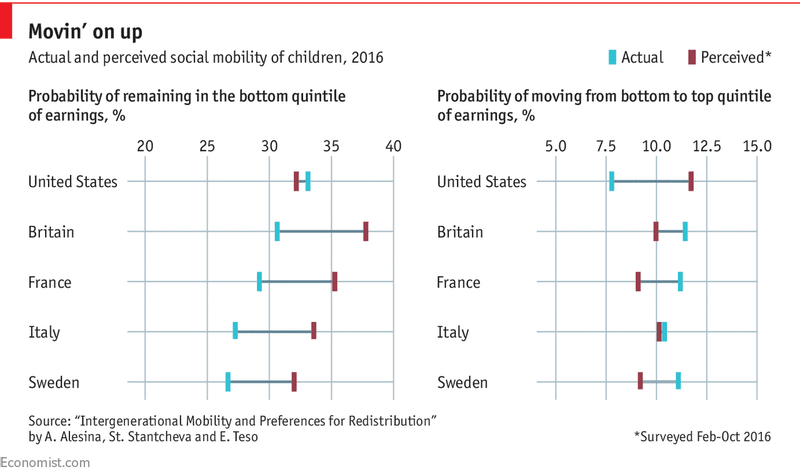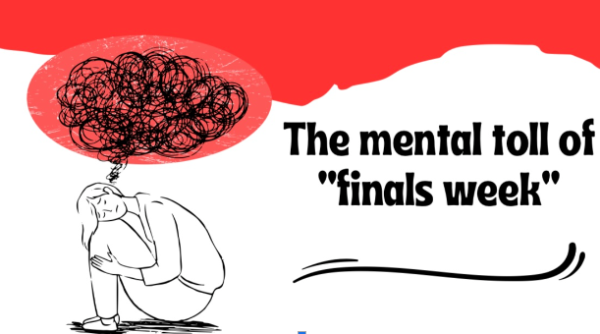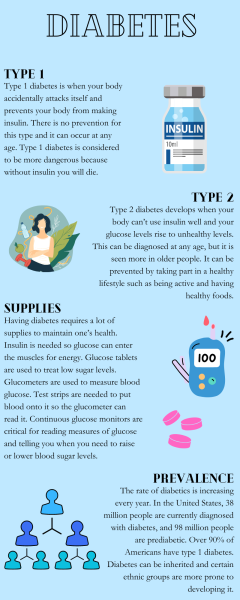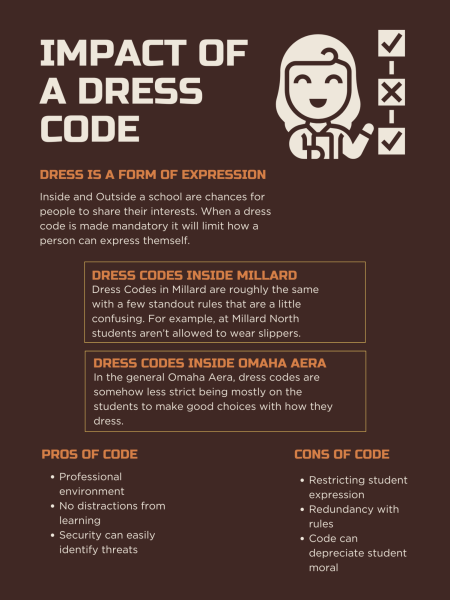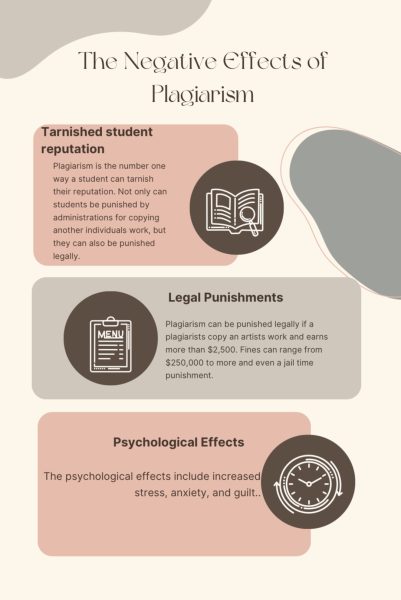Proud to be an American
American Pride is an ugly battle of weighing ethics
Illustration courtesy of The Economist
Social inequalities are still very present in the modern world. They affect every aspect of life, including income levels.
October 29, 2020
From the Fourth of July fireworks to the 9/11 memorials, American Pride has been built into many different ways of life. Some people live and breathe the American lifestyle, holding extraordinary faith in the system.
American pride can be defined by an intense feeling of satisfaction with the current state of the country. While taking pride in your country is common and understandable to an extent, how fair is it to say America is “the greatest country ever” when we’re still suffering severely from obvious social inequalities that seem to be ignored? How can we be the “greatest country ever” when we’re living in a country whose foundation was built off of systematic slavery?
This isn’t to say nobody can take pride in their country and the lives that were lost to get to where we are today. Everyone can still take pride in the hard work that went into creating a legitimate country. However, excessive pride can be taken too far if society doesn’t take a step back to acknowledge the faults in the system.
In a country that prides itself on having the highest nominal GDP of any country in the world, it’s crucial to remember where all that money came from in the beginning. According to Yale’s HIST 119 course, in 1860 “nearly 4 million American slaves were worth some $3.5 billion, making them the largest single financial asset in the entire U.S. economy, worth more than all manufacturing and railroads combined.” America got its leg up on all other countries through the exploitation of colored people, many of whom are now American citizens suffering systematic racism in their day-to-day lives.
As of 2018, Black Americans only made 62% of their white counterparts’ salaries. Because of this, the poverty rate for Black Americans is over two and a half times greater. Considering the 13th Amendment was passed 155 years ago, it’s absurd to see the lingering effects of enslavement today through systemic racism. Systemic racism, according to the president of the NAACP, is defined by “systems and structures that have procedures or processes that disadvantages African Americans.” This can include conflicts in wealth, criminal justice systems, politics, employment, housing, education and more. America can’t work together to be the best country it could be if it’s still divided at its core based off of skin color.
Inequality doesn’t exist solely based on race. There are many inequalities across lower-class families struggling with poverty and even in today’s world, the wage gap is still prevalent, as are a number of anti-LGBTQ discriminatory practices. According to the chart above from The Economist, Americans are overly optimistic about the ability of lower class families to rise up a class. Americans surveyed believed the probability of moving from the bottom to top quintile of earnings was around 12% with the actual number being slightly over 7.5%. Take note about how no other country surveyed has a perceived value about the actual value. This demonstrates the ignorance of middle and upper class families as well as the faultiness in the American system. If an American is born poor, there’s only a 7.5% chance of that American being able to rise to the top quintile of earnings.
Similarly, the wage gap is still very much prevalent in the modern world. PayScale conducted a study where they controlled all confounding variables (such as years of experience) and found that based on no other factors but sex alone, women were paid 81 cents for every dollar a man made. This contributes to an $80,000 loss over the span of a 40-year career. When half the US population is being discriminated against based on no other factor but sex alone and some are still overly proud of their nation, pride has been taken to far.
In many cases, the decisions the government makes aren’t “right” or “wrong”. They’re an ugly battle of ethics, which is what leads to every American forming their own beliefs. In a way, ethics are what keep our world from becoming the robotic dystopian society found in popular fiction novels. In another way, ethics are what separates us as a nation.
It’s one thing to be thankful for the country you live in, but it’s a larger issue to find no fault at all with the modern world. Praising the ground the government walks on won’t lead to any change, meaning the current issues America is struggling with—predominantly social inequalities— have no end in sight.

